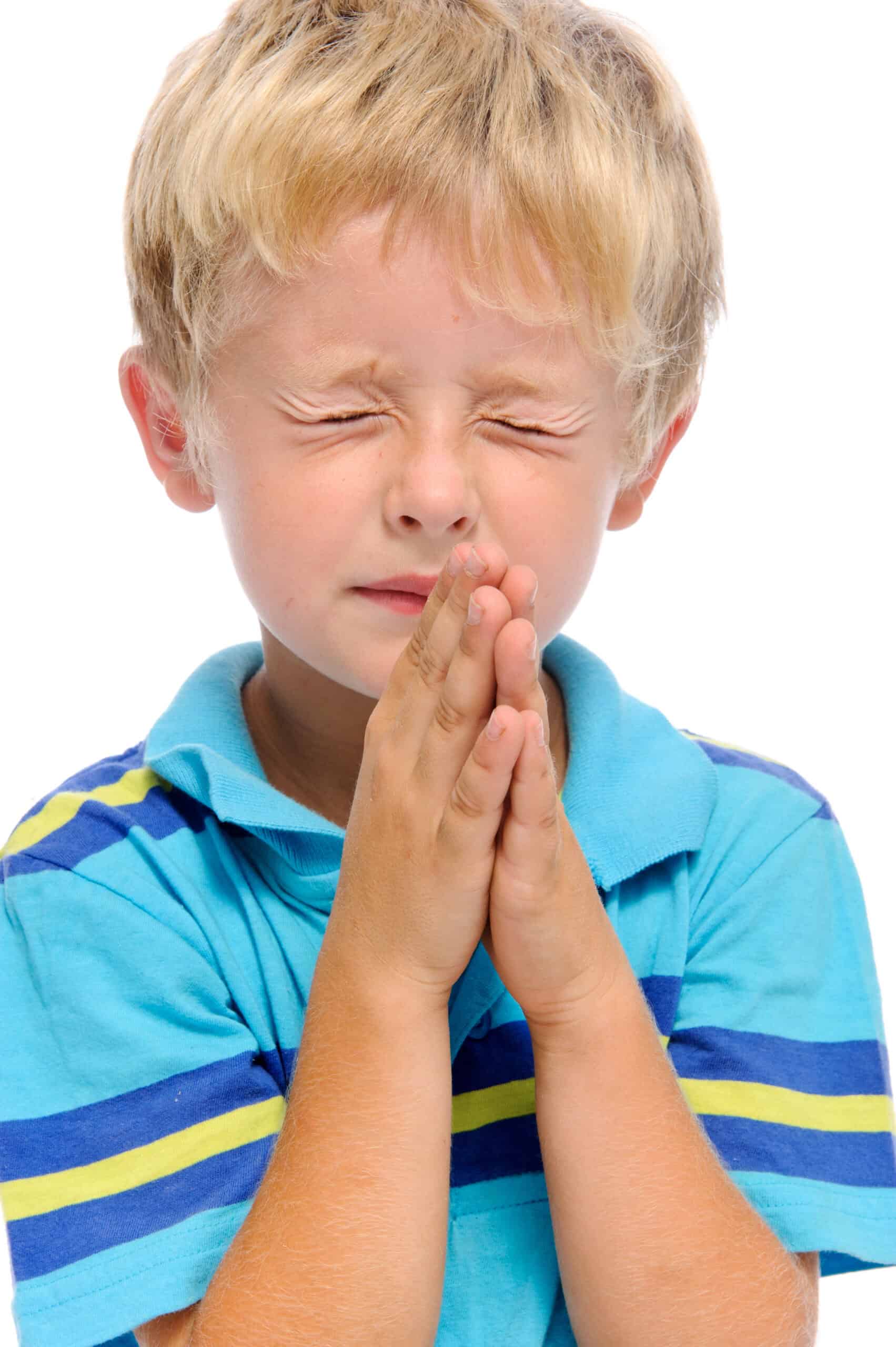As I hinted in my last column, the complexity of religion and school law is mind-boggling. For instance: a high school commencement ceremony is an official event of a governmental body. Is it legal if a student such as a valedictorian includes a prayer in their speech at that event?
Easy answer: the student’s First Amendment rights outrank any local rules, so that prayer is perfectly okay. The school district cannot legally remove or edit it from the speech.
But let’s say that two weeks earlier, when the principal told the student they were officially the valedictorian and would need to prepare a two-minute speech, the principal added that if they’d like to include a prayer in their speech, that’s legally okay. Was that legal?
Nope. In the Court’s eyes, the mention that a prayer is possible may be regarded by the student as an implied request to include a prayer coming from a top employee of the district.
This description is an oversimplification – you would not believe the amount of case law on this subject. I’ve sat through many legal workshops on a host of subjects related to the peculiar relationship between schools and religion. Gideons distributing Bibles, football teams praying, studying the Bible as an academic subject – religion involves an astounding array of court cases, many of which contradict each other. (There was also the “Bong hits 4 Jesus” Supreme Court student speech case, but amazingly, that one had absolutely nothing to do with religion.)
As I noted, public schools are legally required to remain neutral to religion. That doesn’t mean they have to be hostile to it (as some suspect), but they can’t do anything to promote it, either. Yet that doesn’t mean religion is absent from our county’s public schools. At Plainfield High School, the largest student club for decades has been the Fellowship of Christian Athletes. (Yes, there’s also an active Muslim Students Association.) Since 1970, the community’s churches have collaborated on school-based religious instruction outside the classroom and provided food, tutoring, and other needs for students facing challenges. At least one Hendricks County district meets regularly with its community’s faith leaders to strengthen mutual understanding.
The other reason our county’s schools are careful about navigating around religion is because they’re run by good people. Many have deeply held religious beliefs while others look at the world around them in different spiritual ways, but all share a desire to treat students of all faiths with respect and dignity.
Back to those graduation prayers. Early in my school board tenure, a salutatorian’s commencement address included a prayer that sparked some anger among a small group of attendees. Their objection to the speaker’s First Amendment right to pray had nothing to do with the idea of prayer itself. They were incensed because that particular prayer was delivered in Arabic.
